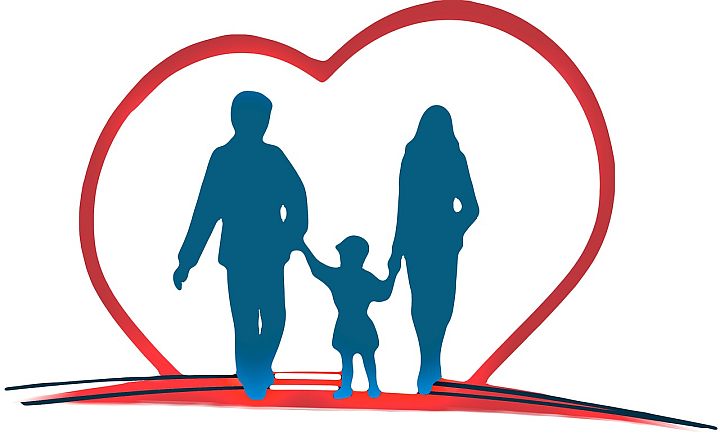How we manage stress and take care of ourselves as adults has a lot to do with what we are taught as children. While circumstances change and there are new developments that shape our society, there are basic practices that we should be constantly teaching our children.

What are healthy ways to manage stress? What can we do to take care of our mental health as much as our physical health? The answers to this questions are an ongoing process and different for everyone. However, there are basic practices that we can begin to instill value of within our children. Below are a few suggestions on how to introduce self-care:
Read and Learn
The biggest obstacle that comes with the discussion of mental health is the stigma commonly associated with the topic. Mental health has vastly been treated differently than physical health in our society. Many people stray from speaking of their mental health issues out of embarrassment and the fear of not being accepted. When we introduce regular conversations of mental health at a young age, we will simultaneously facilitate an open and inclusive environment that will carry on through their adult years. To begin having the most productive conversations with our kids, we must read and share qualified mental health materials with our youth. There are materials for people of all ages that help explain various mental health conditions written in terms understood by all.
Introduce Responsibility
Allowing children to take responsibility for themselves and small tasks is a great way to help your children become self sufficient at a young age. Small tasks like picking out their clothes in the morning, brushing their teeth on their own, and even picking up toys are a few examples of small tasks to incorporate into your child’s everyday life. It will allow them to adjust to having responsibility and will prevent them from being overwhelmed as they are expected to take on more as they get older. Allowing your child to feel independent is a vital component in development that will carry on through their life. If children are coddled to the point where they canŌĆÖt cope on their own, that will translate into adulthood and impact their ability to function in society. Independent children can be recognized in the following ways:
- Intrinsically motivated because they are allowed to find their own reasons to achieve.
- Were given the opportunity and guidance to explore achievement activities of their own choosing.
- Parents use extrinsic rewards appropriately and sparingly.
- Collaborative rather than a controlled relationship with their parents in which the children’s ideas and wishes are solicited and considered.
- Good decision makers because they were allowed to consider various options and, with the support and guidance of their parents, make their own decisions.
Embrace Expression
Creativity should be embraced and used as another form of expression. Whether your child enjoys writing, art, or music, allow them to harness their passion and use it for self-expression. When youŌĆÖre in tune with yourself and doing something youŌĆÖre passionate about you are more likely to show your true self. This a great way for children to release any internalized emotions that could potentially equate to larger problems in the future if theyŌĆÖre not addressed. On another level, allowing children to embrace their passion can build confidence and work ethic to become better at the task theyŌĆÖre performing. Additionally, your child will establish a better work ethic as they are motivated to perfect their passion.
┬ĀMake Exercise A Routine
Promoting frequent physical activity not only has benefits on the body but also the mind. It is recommended that children and adolescents engage in at least 60 minutes of physical activity a day. The obvious effects include strengthening growing muscles, burning calories and controlling energy levels. Exercise can also be a natural mood booster through the release of endorphins that create feelings of happiness and euphoria. In layman’s terms, when we encourage children to be active, they are simultaneously working through any internalized stress and anxiety, releasing it in a positive manner. Therefore, it can enhance feelings of self-confidence and facilitate an environment of positive self-image.



Leave a Reply